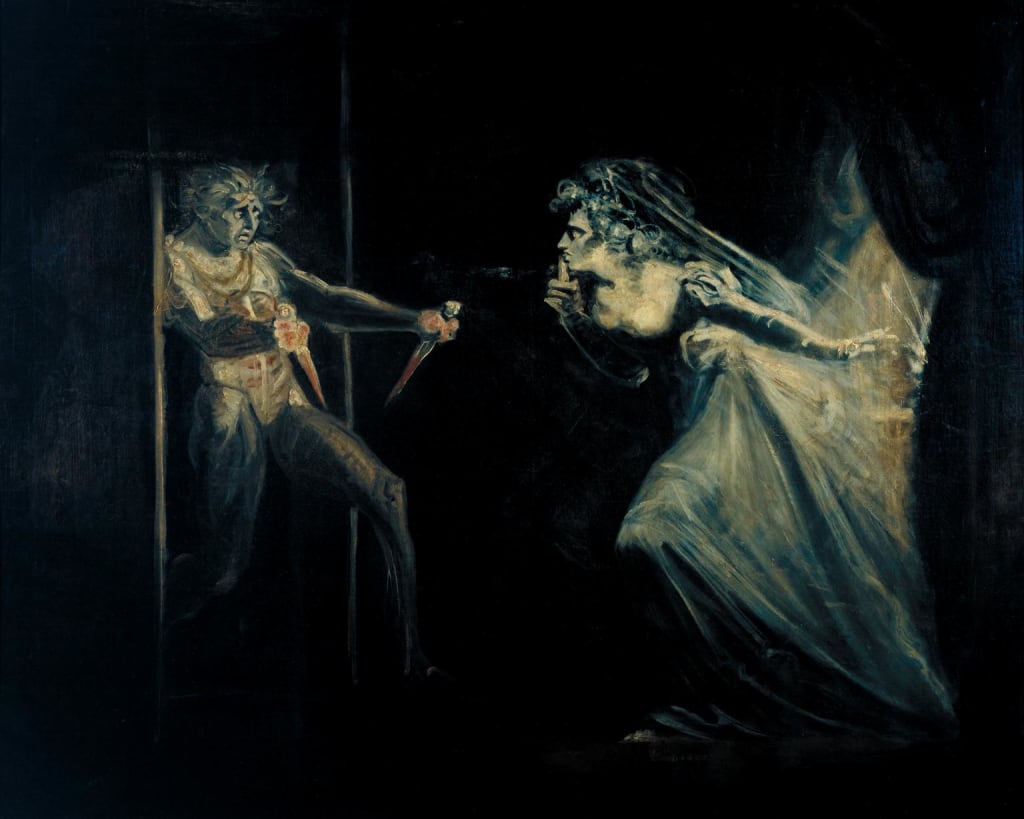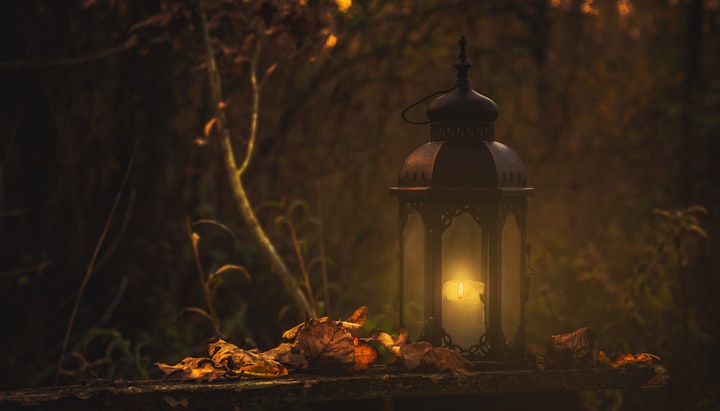Morality, Power and Politics in "Macbeth" by W. Shakespeare
Why Everyone Should Read "Macbeth"

There exists a theatrical production of such immense power that an ancient belief insists that its name should never be spoken within the confines of a theater. This play commences with the dark arts of witchcraft and concludes with a gruesome decapitation. It is a play that encompasses enigmatic puzzles, prophetic visions, and a multitude of savage killings. This particular play, penned by the renowned William Shakespeare, is commonly known as the "Scottish Play" or the "Tragedy of Macbeth." It was initially showcased at the esteemed Globe Theater in London in the year 1606. "Macbeth" stands as Shakespeare's briefest tragedy, yet it is brimming with intense action. Across five acts, the playwright narrates the tale of a Scottish nobleman who seizes the throne, unleashes a reign of terror, and ultimately meets a gory demise.
Throughout its course, it raises significant inquiries regarding ambition, power, and violence that directly addressed the political climate of Shakespeare's era and continue to resonate in our own time. The political situation in England during the early 17th century was fraught with uncertainty. Following the death of Queen Elizabeth I in 1603, who had no heir, her advisors made the unexpected decision to pass the crown to James Stewart, the King of Scotland.
Just two years later, James became the target of an assassination plot known as the Gunpowder Plot. The question of what constituted a legitimate ruler was on everyone's mind. Shakespeare, therefore, must have been aware of the rich material he had at his disposal when he merged and adapted the tales of Macbeth, a murderous Scottish king from the 11th century, and various other Scottish nobles. He discovered their stories in "Chronicles," a popular 16th-century history of Britain and Ireland written by Hollinshed.
There exists a theatrical production of such immense power that an ancient belief insists that its name should never be spoken within the confines of a theater. This play commences with the dark arts of witchcraft and concludes with a gruesome decapitation. It is a play that encompasses enigmatic puzzles, prophetic visions, and a multitude of savage killings. This particular play, penned by the renowned William Shakespeare, is commonly known as the "Scottish Play" or the "Tragedy of Macbeth." It was initially showcased at the esteemed Globe Theater in London in the year 1606. "Macbeth" stands as Shakespeare's briefest tragedy, yet it is brimming with intense action. Across five acts, the playwright narrates the tale of a Scottish nobleman who seizes the throne, unleashes a reign of terror, and ultimately meets a gory demise.
They make an announcement that they are in search of a Scottish nobleman and a war hero named Macbeth. Afterward, they fly away while chanting a curse that predicts a world filled with madness.
"Good is bad and bad is good. Glide through the mist and polluted air."
Later on, they come across Macbeth and his fellow nobleman Banquo. They prophesy, "All hail Macbeth, who shall become king in the future!"
Upon hearing this, Macbeth ponders. What actions must he take in order to obtain the crown? Macbeth and his wife, Lady Macbeth, then devise a plan involving murder, deceit, and betrayal. This leads to a violent bloodbath, where Shakespeare presents the audience with some of the most memorable passages in English literature.
Lady Macbeth exclaims, "Out, damned spot! Out, I say!" when she believes she cannot remove the blood of her victim from her hands. Her overwhelming guilt becomes one of the recurring themes in the play, along with the abuse of power, the never-ending cycles of violence and betrayal, and the challenging political conflicts.
As is customary in Shakespeare's works, several phrases that originated from this play have become so widely used that they now feel ordinary. These include "the milk of human kindness," "what's done is done," and the famous witches' spell, "Double, double toil and trouble; Fire burn, and cauldron bubble."
However, the most captivating aspect of "Macbeth" lies in Shakespeare's ability to captivate the audience with Macbeth's own introspection. As the play nears its conclusion, Macbeth contemplates the inevitability of death and the meaningless nature of life. He mournfully exclaims, "Out, out, brief candle!" and compares life to a fleeting shadow, a mere actor who struts and frets upon the stage for a short while before vanishing into oblivion. He describes life as a tale narrated by a fool, filled with noise and fury but devoid of any true significance.
While life itself may be portrayed as a foolish tale, "Macbeth" certainly is not. Shakespeare's masterful use of language and his complex characters have permeated our cultural consciousness to an extraordinary degree. Directors frequently utilize the play to shed light on various abuses of power, ranging from the American mafia to dictators around the world. Numerous film adaptations have been made, such as Akira Kurosawa's "Throne of Blood," set in feudal Japan, and a modernized version titled "Scotland, PA," where Macbeth and his rivals are rival managers of fast food restaurants.
Regardless of the presentation, the themes of morality, politics, and power explored in "Macbeth" remain relevant even today. It is evident that Shakespeare's masterpiece continues to resonate with audiences, reaffirming its enduring significance.





Comments
There are no comments for this story
Be the first to respond and start the conversation.